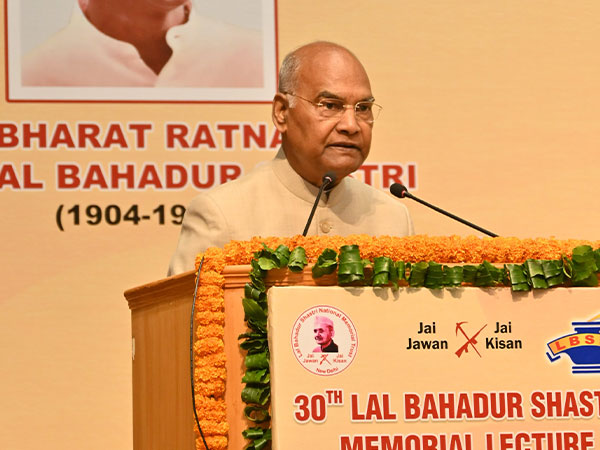
Former President Ram Nath Kovind emphasized that the “One Nation, One Election” policy of simultaneous elections reflects the vision of India’s constitutional founders and was common practice in the early years of the republic. Speaking at the 30th Lal Bahadur Shastri Memorial Lecture, Kovind noted that Lok Sabha and state assembly elections were synchronized during the first four electoral cycles, a practice disrupted in 1968 when several state assemblies were prematurely dissolved by the Union Government under Article 356.
Kovind expressed the irony of current criticisms labeling simultaneous elections as undemocratic and unconstitutional, pointing out that this approach was actually favored by the architects of the Constitution. He mentioned that out of 47 political parties consulted on the policy, 32 supported the idea of simultaneous elections, while 15 opposed it—many of whom had previously endorsed the concept.
He referred to the Cabinet’s recent approval of the ‘One Nation, One Election’ initiative, which aims for synchronized Lok Sabha and Assembly elections, along with urban and panchayat polls to be conducted within 100 days. This proposal is based on recommendations made by a high-level committee led by Kovind himself.
